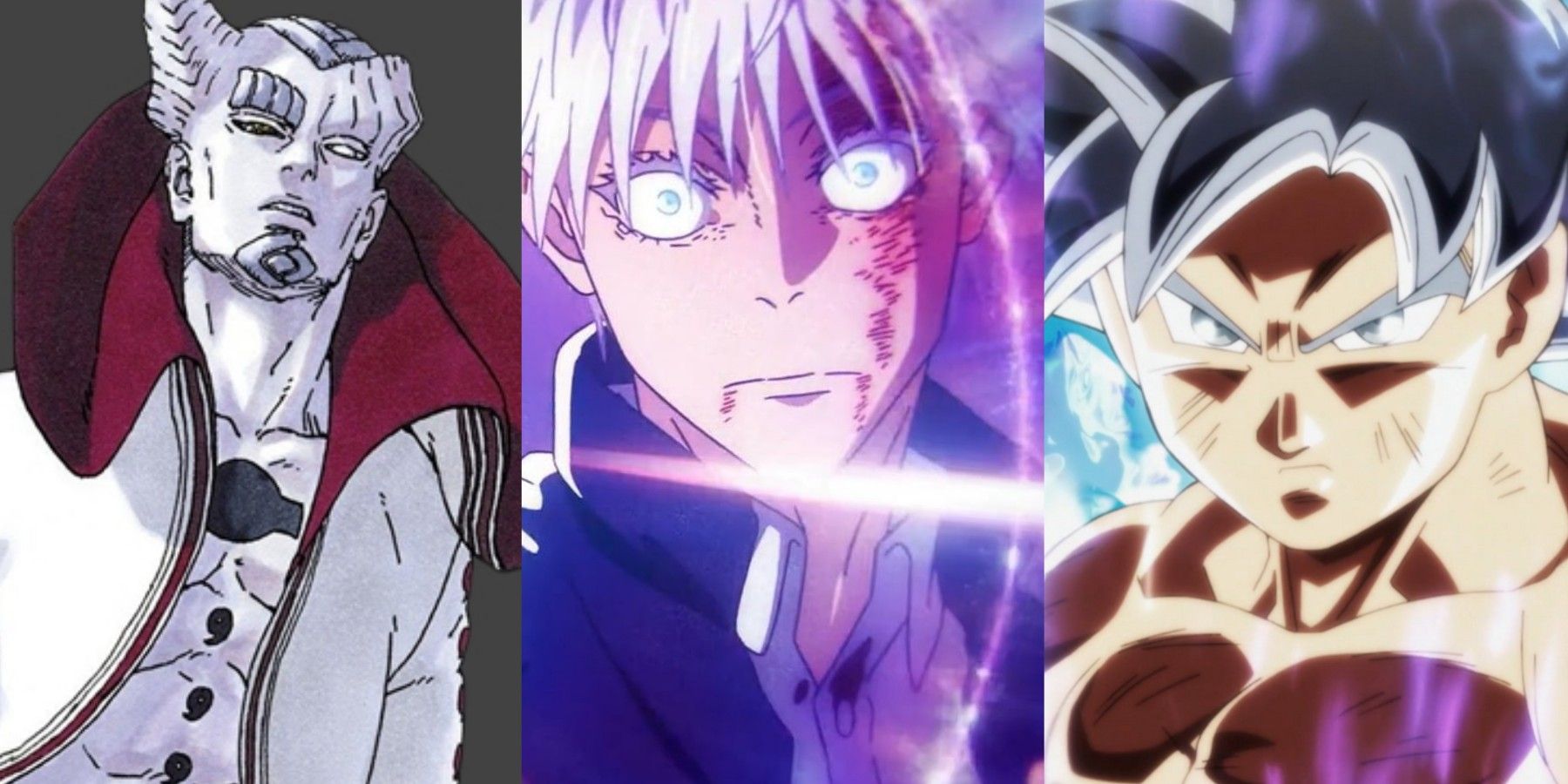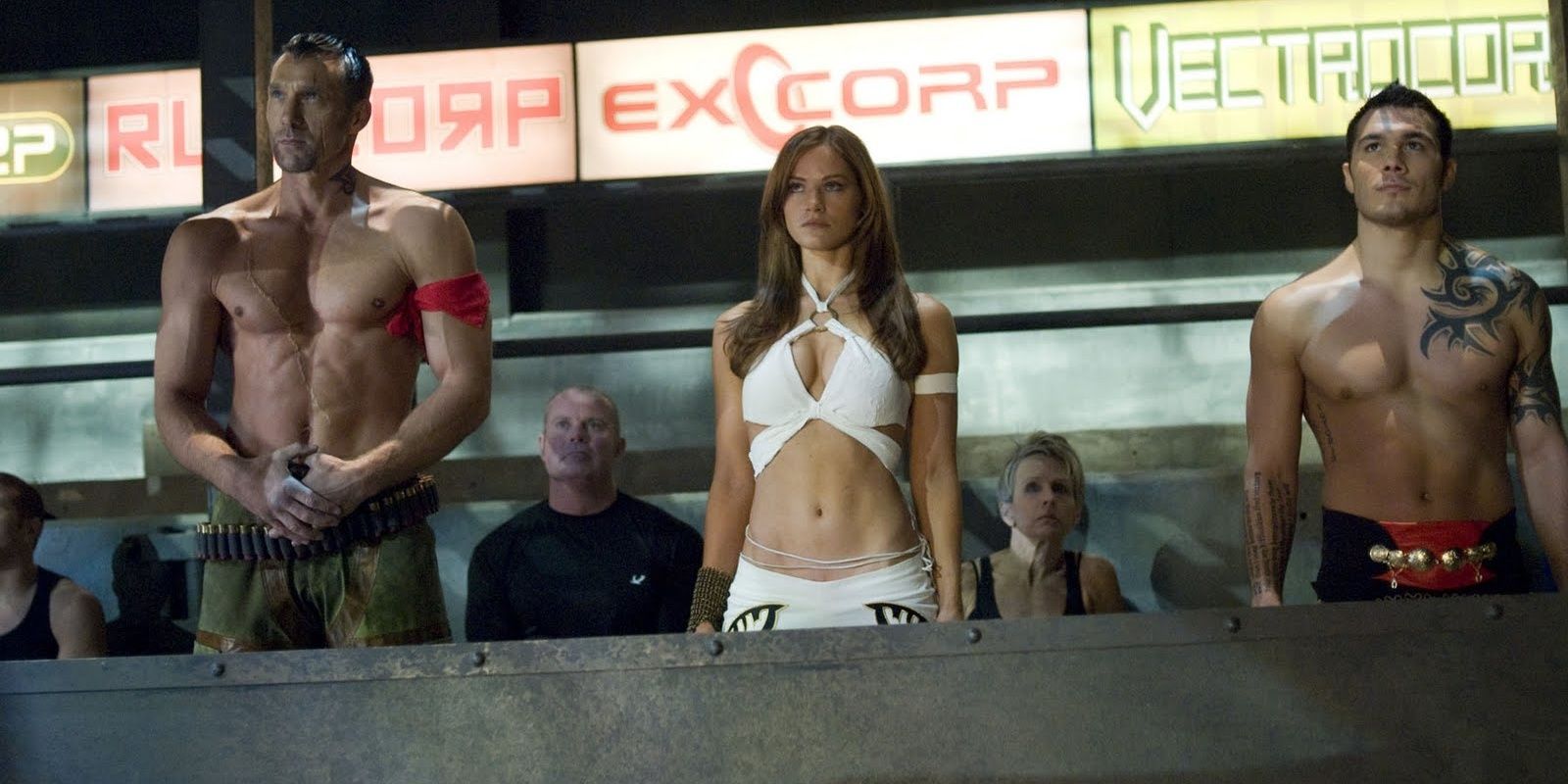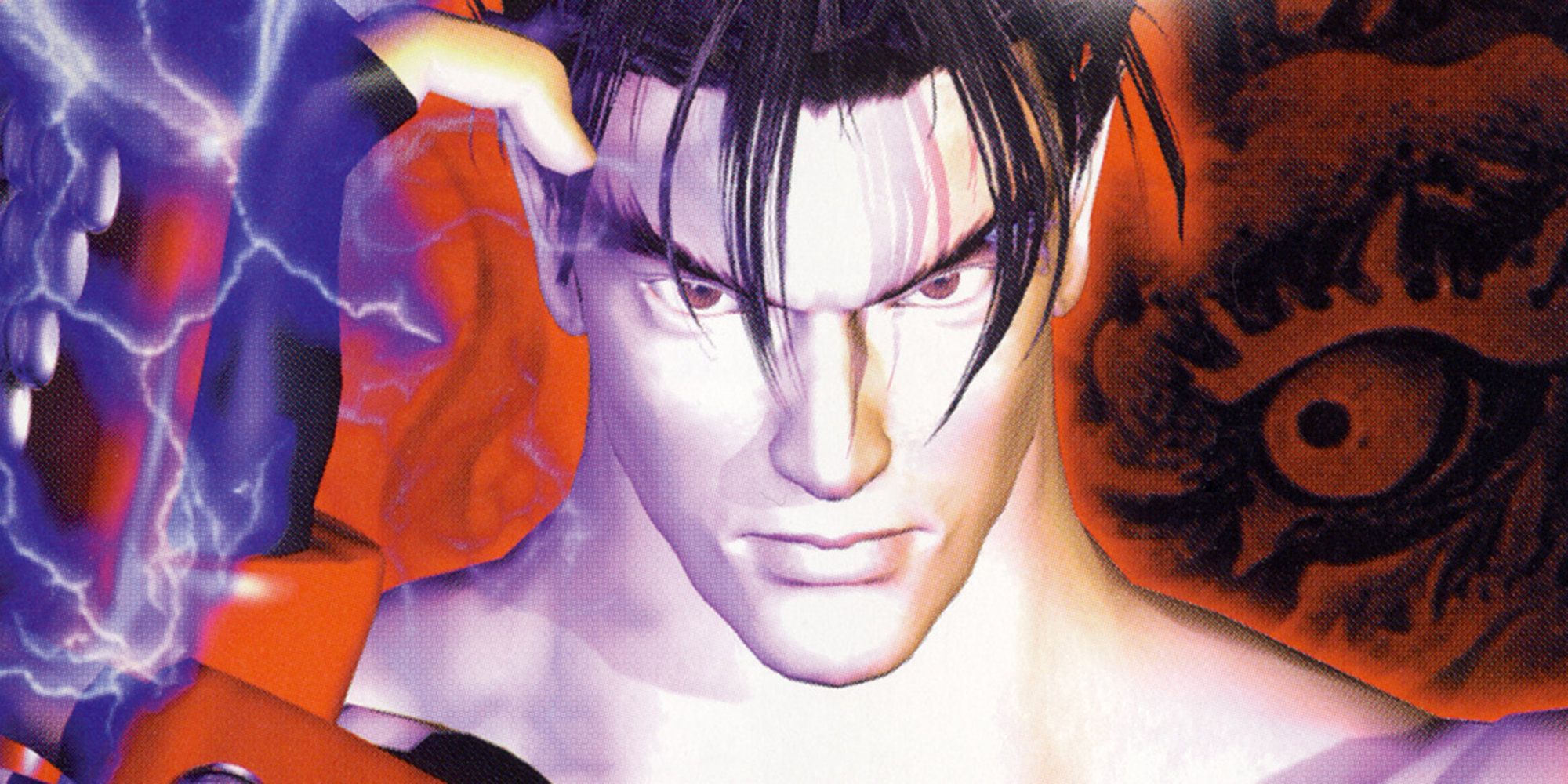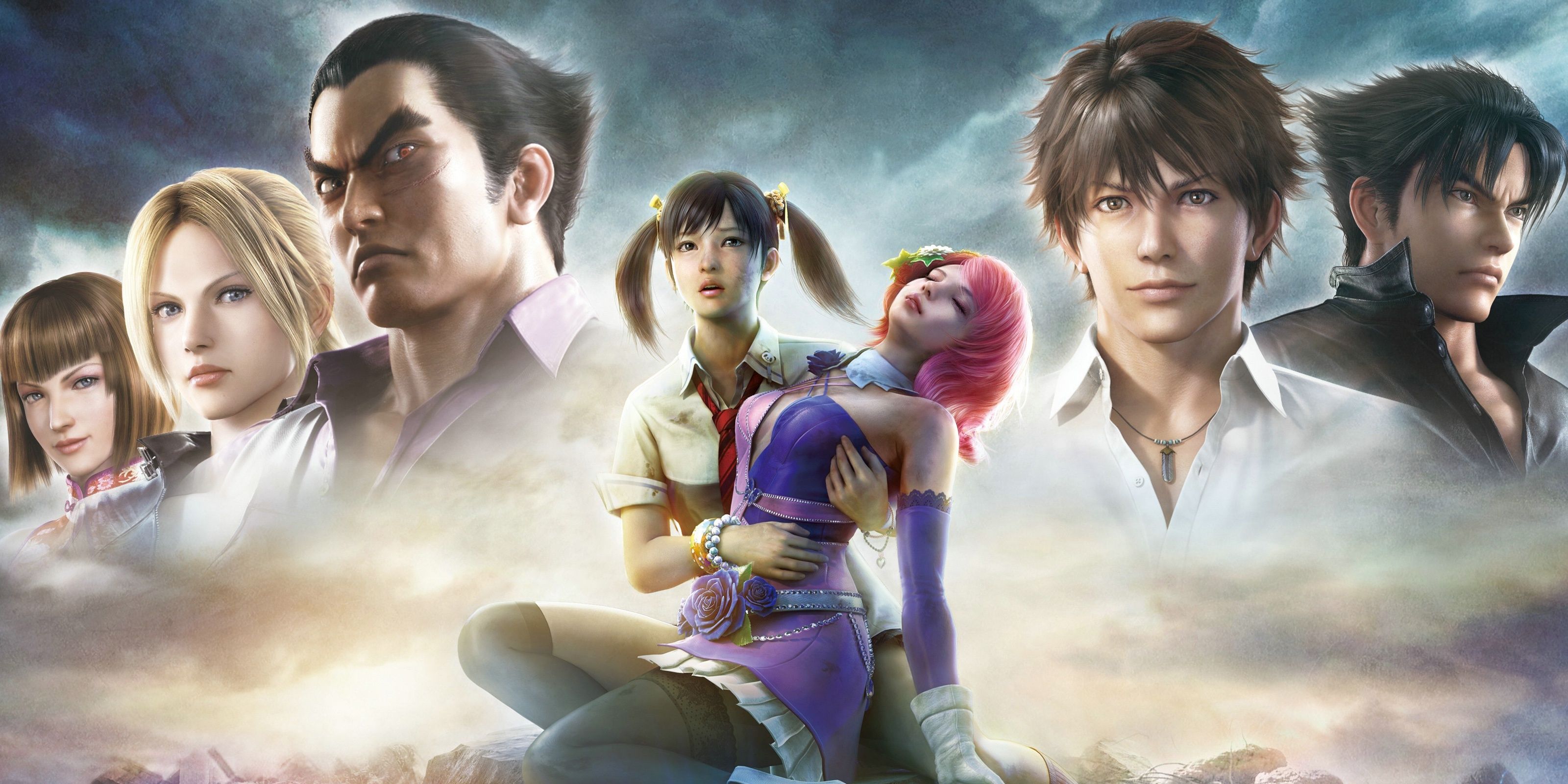Everyone knows that trying to make a decent film out of a hit video game is a losing battle, the ones that are good just bring further shame onto all the other ones. Among the stunning history of this cynical exercise, some games just don't know when to stay in their lane.
Fighting game movies are perhaps uniquely primed to make it to the big screen. Street Fighter and Mortal Kombat each have a pile of adaptations to their name in both live-action and animation. Some are good, most aren't, some have nothing to do with the game they were incidentally named after. While almost all of those adaptations have some level of renown or infamy, another hit fighting game franchise has put up some lesser-known entries in the unfortunate subgenre.
Tekken holds a resolute fourth place amongst fighting games in terms of all-time sales but is routinely the best-received of the genre. Ten games have been released in the franchise, each of which has been popular, and a couple of which are considered groundbreaking landmarks in the genre. Since 1994, the series has defined 3D combat gameplay.
The story, as with most fighting games, concerns a tournament attended by a diverse group of warriors who compete to win a massive fortune. The questionably ethical mega-corporation known as the Mishima Zaibatsu holds the King of Iron Fist Tournament, offering control of the company and its assets as a prize. The primary narrative follows the Mishima family, a multigenerational line of fighters cursed with a mysterious gene that grants tremendous superhuman powers. Each new Mishima slides into the main character role, fighting to gain control of their family business and defeat their inevitably evil father.
The plot is fairly simple, barring the occasional retcons or shifts to accommodate one boss fight or another. There are plenty of interesting characters to follow, countless ways for the cast to bounce off of each other, and endless potential for cool fight scenes. The first attempt to adapt Tekken for the screen came in 1998's Tekken: The Motion Picture. This late-nineties era was marked by tons of these cheap anime OVA adaptations of fighting games, the only one of which worth looking back at is Street Fighter II: The Animated Movie.
Tekken's answer to that trend fails in the most obvious possible way, it just looks terrible. The action is dull and weak, the pacing is broken to accommodate the format, the English dub is terrible, and it has to bend over backward to insert content from the most recently released game. The American release of the film added in a ton of heavy metal music that helpfully shifts much of the action from boring to comical. After this utterly disappointing first effort, it's not shocking that over a decade passed without a second attempt.
2009's Tekken is the first live-action adaptation of the franchise, and it was both horribly received and deeply financially unsuccessful. Famously, game series director Katsuhiro Harada described it as "terrible" and mentioned his team's complete lack of supervision. The plot is a bare-bones version of the first three games. Jin Kazama, the teenage son of former series protagonist Kazuya Mishima, joins The King of Iron Fist Tournament to avenge his mother and defeat his grandfather Heihachi.
This film packs in characters from the games, most of whom come across more like amateurish cosplay with only visual similarities to their inspiration. Director Dwight H. Little, best known for Halloween 4 and Free Willy 2, handles the visuals with disorienting camera work and frantic editing. The fight scenes are okay but easily bested by any given mid-tier action movie. The real weakness is in the writing, the film lacks any of the charms of the game franchise, opting instead for a generic post-apocalyptic mess. The film spawned a sequel that no one saw because it was only released in theaters in a few countries. It's even worse, but, since most don't even know it came out, it's not worth addressing.
The other film adaptation is a bit of a cheat. 2009's Tekken: Blood Vengeance is an animated film crafted entirely by the same team that animated the FMV sequences for Tekken 5 and 6. It's a ninety-minute scene straight from the game, heavily inspired by the opening cutscene of the sixth game. The story was written by Dai Satō of Cowboy Bebop fame, it's an alternate storyline, rather than adapting any of the games directly. It's unquestionably the best of the adaptations, but it's still not a cohesively good film. The action scenes are often great, the animation is flawless, and the characters come across more accurately than ever before.
The downfall of the project comes in every scene in which no one is fighting. The English voice direction is pretty rough and the film's approach to lore is horribly misguided. Tekken 6 is the darkest moment for the storyline, and the crossed plot threads and half-finished ideas rear their ugly head in the film as well. The tight running time and solid action scenes make it somewhat worthwhile for fans, but fast-forward is the solution to the film's woes.
Four movies, each of which has its unique downfalls. Tekken: Bloodlines has a lot to learn from its predecessors, but it seems to have taken many of the lessons already. It's adapting the story of Jin Kazama, but much closer to the game than the 2009 film. It's animated but much better looking than the 1998 effort and uniquely stylized, unlike Blood Vengeance. It's hard to know how Bloodlines will work out, but it's got four helpful examples of what not to do with the Tekken franchise.






